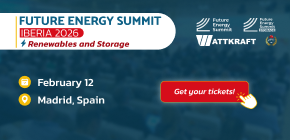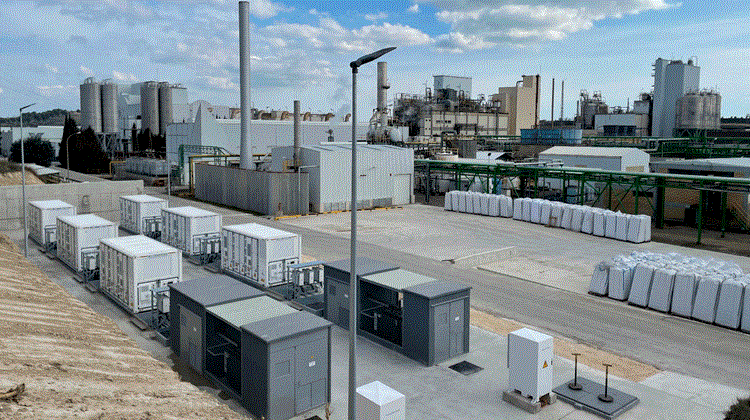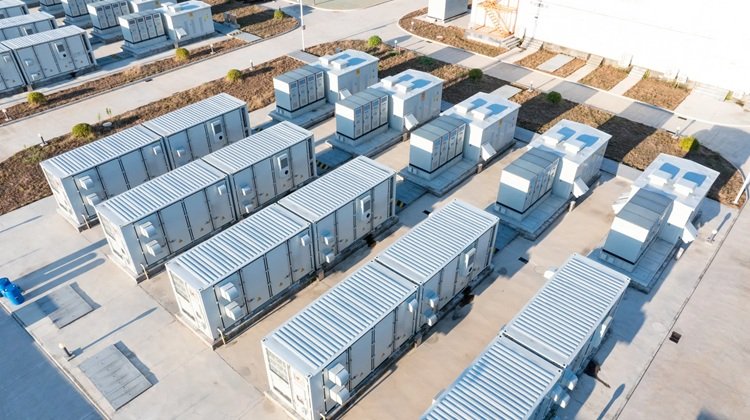At FES Iberia 2025, a major platform for discussing energy security in Southern Europe, Robert Navarro, Managing Director and CFO of RWE Renewables Iberia, made it clear that the company is moving forward in energy storage, even though the current business case remains uncertain.
“We are entering this space more to learn how it works and be prepared than because the numbers add up beautifully,” Navarro stated. This strategic move reflects a long-term understanding of the key role storage will play in the evolving energy system.
Parallels with wind repowering
Navarro drew a direct parallel between energy storage and wind repowering, describing both as critical technologies the system needs, but which currently lack fully bankable business models. “There are things the system clearly needs, which are good for it, but when you put them into an Excel sheet, the numbers don’t always work out,” he explained.
He stressed that, in both cases, regulatory support is vital. “When something is necessary, the tools and the regulation must be in place to make it happen,” Navarro emphasised.
Arbitrage is not enough to sustain battery projects
One of the key technical points raised by Navarro was the limited long-term potential of energy arbitrage as a sole revenue stream for battery storage projects. “We all know that arbitrage can currently be profitable, but it will soon be cannibalised—sooner rather than later,” he warned.
According to him, relying only on arbitrage makes battery storage vulnerable to market saturation, thus highlighting the need for diversified and stable income sources.
Regulatory clarity is essential to unlock storage development
From RWE’s point of view, public policy and market design will be decisive in unlocking the full potential of battery storage. “Support from the administration is needed—in the form of participation in secondary markets, capacity markets, etc.,” Navarro remarked.
Such mechanisms would allow storage assets to compete fairly with other technologies, providing financial visibility and risk mitigation for investors.
Anticipating the future: a strategy based on readiness
Despite existing barriers, RWE is not waiting on the sidelines. The company’s strategy is to build internal knowledge and operational capacity now, in preparation for an imminent change in the regulatory framework. “I take it for granted that this will happen,” said Navarro, expressing confidence in future policy adjustments.
This forward-looking approach is not about speculation, but rather about gaining technical expertise and positioning ahead of the market.
A pragmatic view on the future of storage
Navarro made it clear that RWE’s investment in storage is not impulsive but calculated. He acknowledged that “there are quite a few unknowns” but stressed that storage is essential for supporting renewables, reducing technical curtailments, and stabilising the grid.
“When something is necessary, the tools must be made available,” he reiterated, underlining the need for public institutions to match the pace of private sector innovation.
With this positioning, RWE Renewables Iberia shows a clear commitment to energy storage, despite the lack of immediate returns. The company’s strategy combines long-term vision, market anticipation, and financial discipline, aligning with the requirements of a more flexible and decarbonised power system.




























